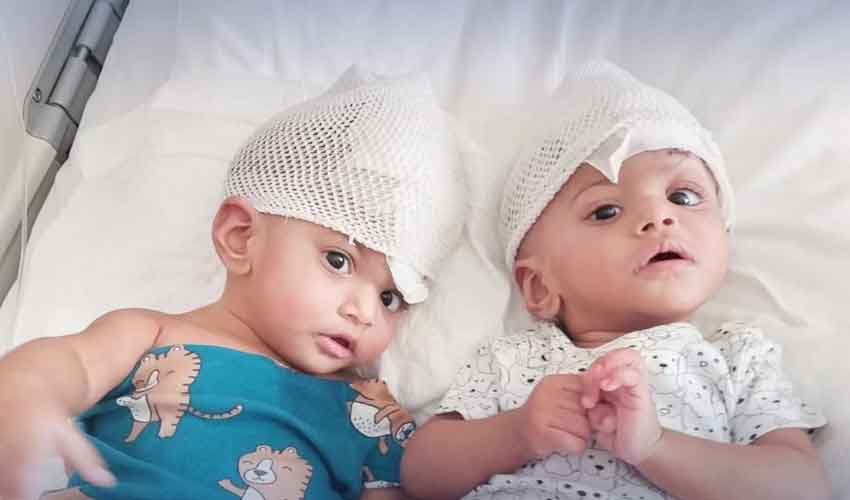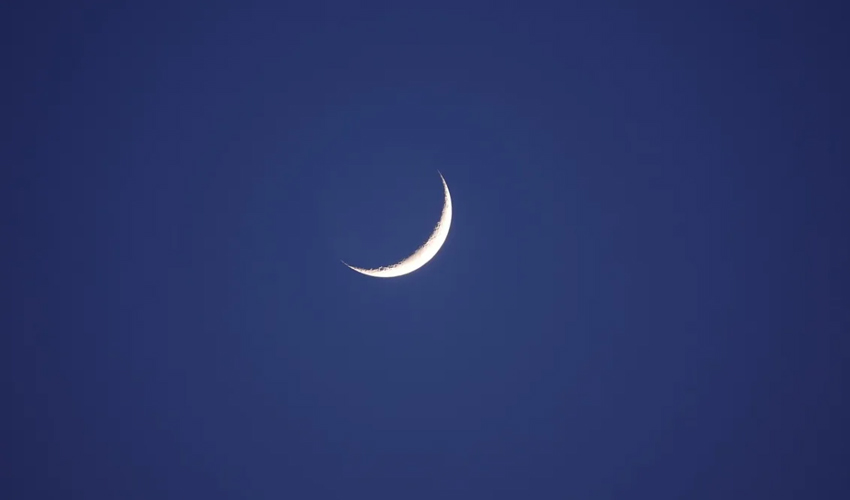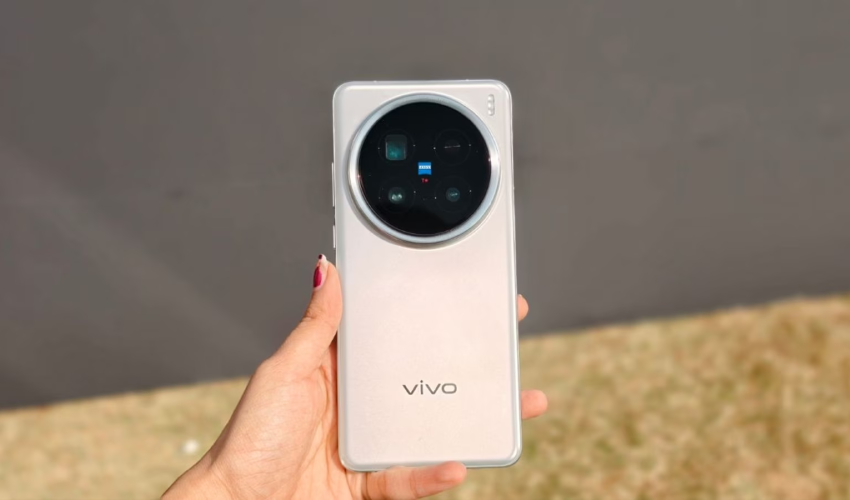In an extraordinary medical achievement, a team of 60 doctors in Ankara, Turkiye successfully separated 11-month-old conjoined twins, Mirha and Minal, after a grueling 14-hour surgery.
The twin girls, born in Pakistan with their heads fused together, had little hope for the future until their family sought assistance from Turkish President Recep Tayyip Erdogan. Their plea set in motion a remarkable journey of hope and collaboration.
Desperate to find help, the family contacted London-based paediatric neurosurgeon Dr. Owase Jeelani, who saw the possibility of safely separating the twins but found the cost of the procedure in the UK prohibitive. Moved by their situation, Dr. Jeelani reached out to President Erdogan, who immediately ensured that the girls would receive the necessary treatment in Türkiye.
In May, Mirha and Minal were shifted to Bilkent City Hospital in Ankara, where they were closely monitored. The separation surgery, one of the most complex procedures undertaken by the medical team, was conducted in two stages. Led by Dr Jeelani, along with Turkish surgeons Dr Harun Demirci and Dr Hasan Murat Ergani, the team embarked on a challenging journey to give the girls a new lease on life.
On July 19, the final surgery successfully separated the twins, who had been joined at the skull since birth.
Dr Aziz Ahmet Surel, the hospital's coordinating chief physician, emphasized the international collaboration that made the surgery possible, describing it as a "successful transfer of knowledge and expertise" between Turkish and British teams.
"Seeing the healthy, smiling faces of the babies now, compared to their conjoined state when they first arrived, is an indescribable joy."
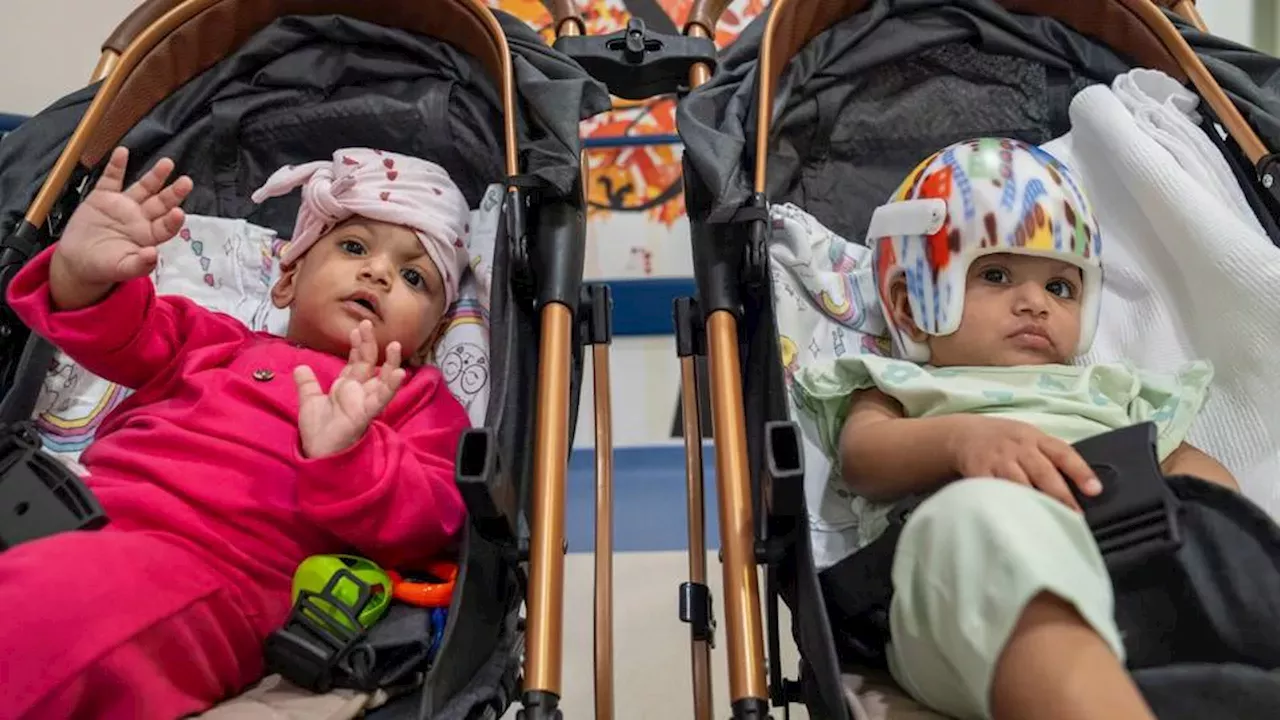
Dr Namik Yasar Ozbek, head of Paediatric Haematology-Oncology, highlighted the extensive teamwork required to resolve the twins' neurological and physical challenges. “The babies had issues with sitting and hand movements due to their conjoined condition. But after surgery, with the help of neurologists, physical therapists, and neurodevelopmental specialists, these issues were resolved. Now, they’re gaining head control and beginning to use their hands and arms. In 10 days, they’ll celebrate their first birthdays separately,” Ozbek said.
Reconstructive surgeon Dr. Hasan Murat Ergani detailed the meticulous planning involved, including a balloon tissue expansion procedure to ensure enough tissue would be available to cover the girls' brains post-separation.
"We placed a material in their heads to gradually expand the tissue over two months," he explained. "When we successfully separated them, the entire medical team applauded. It was one of the most memorable moments of my life."
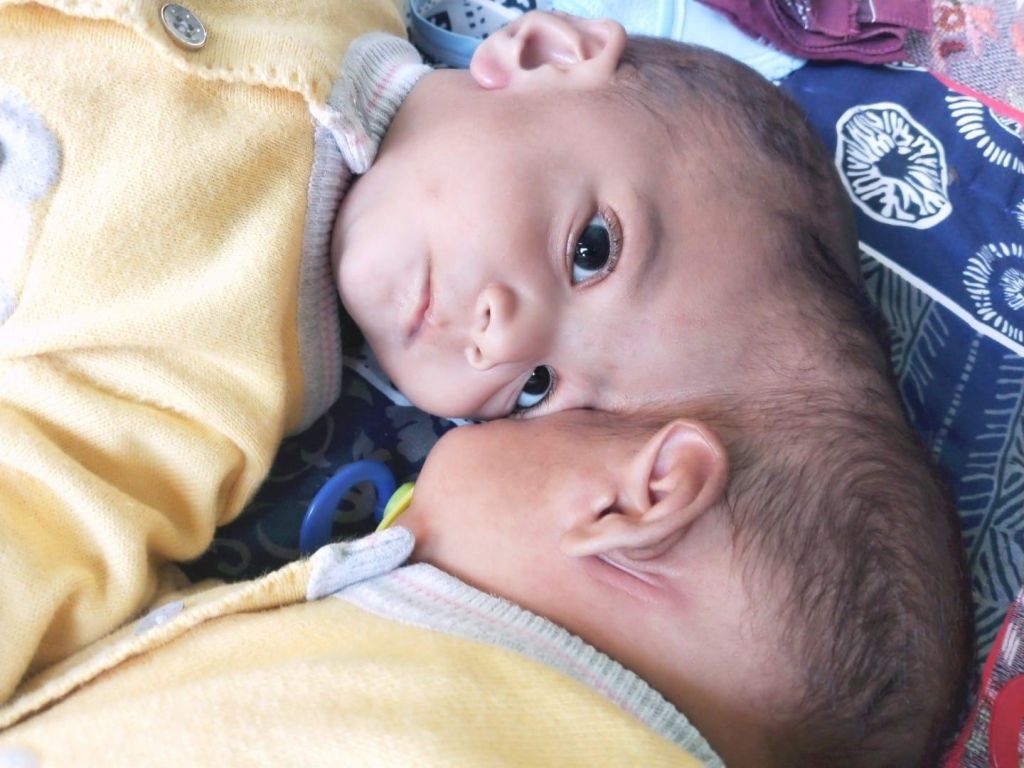)
Initially, the twins struggled to adjust to being apart, but they were gradually reunited in the same room and bed to help them adapt. Dr. Demirci reported that the twins are now in good health and expected to be discharged in two to three weeks, with ongoing follow-ups to monitor their development.
“They were uncomfortable, so we kept them together in the same room and bed for a while. Eventually, they adapted. Their health is now very good, and we expect to discharge them in two to three weeks, with regular follow-ups to monitor their brain and bone development.”
For the girls' parents, Rehan Ali and Nazia Parveen, the experience has been transformative. They expressed deep gratitude to President Erdogan, Dr. Jeelani, and the entire medical team, hoping to meet President Erdogan personally to thank him.
"We are so happy and indebted to everyone who contributed. We hope to meet President Erdogan personally to thank him," Ali said.

Dr. Jeelani reflected on the global effort that led to the successful separation of Mirha and Minal, emphasizing the unity that brought the world together to help these children.
“This isn’t just about Mirha and Minal. It’s about how the world should work—when children need help, the whole world comes together. This was a beautiful example of that unity,” he said. "A big, big thank you to Türkiye, to the Ministry of Health, and to every doctor, nurse, and professional involved. This is how we should be doing things."





